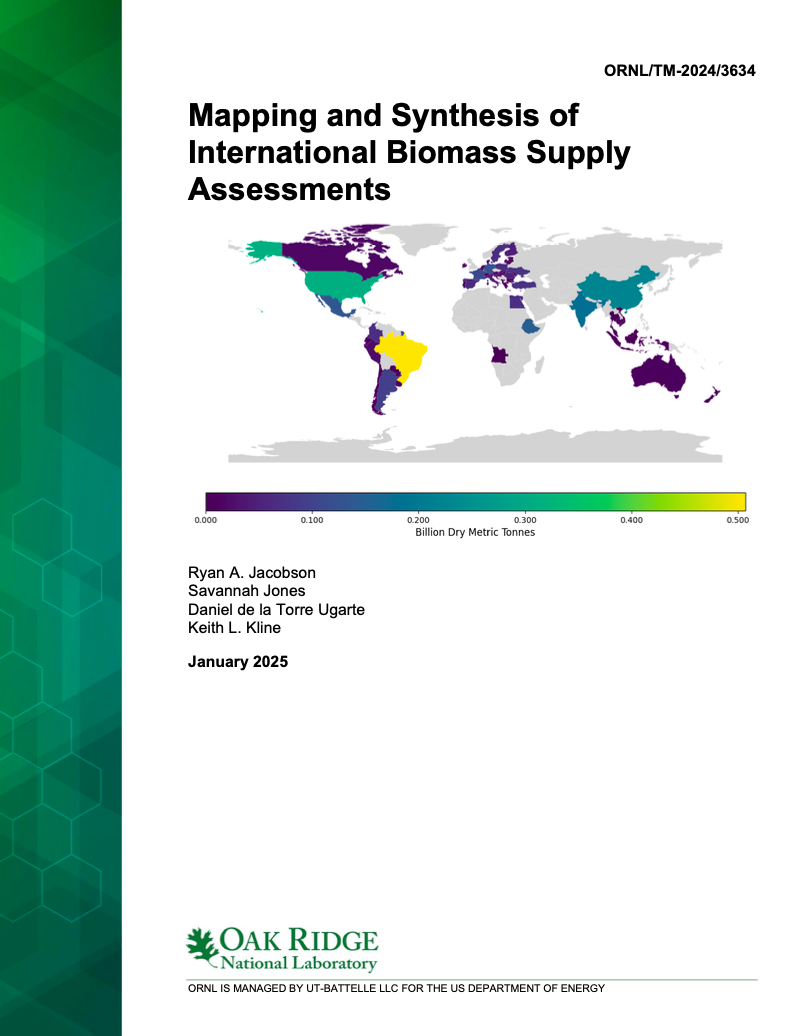Accessibility and traceability in sustainable biofuel supply chains

SQ Consult & Jinke van Dam Consulting
Suppliers that bring renewable fuels to the Netherlands transport market own the sustainability information of these fuels and provide a Proof of Sustainability (PoS) to the Netherlands Emission authority to fulfill their national obligation. What does the information on such PoSs entail? How to judge whether and which risks in the supply exist? The Netherlands Platform Sustainable Biofuels asked SQ Consult to provide insight in the (perceived) risks and how to address them. Their findings are now available in a report.
The report aims at providing recommendations to policy makers, certification schemes and companies in the Dutch biofuels sector “on how to increase transparency and improve traceability of sustainability information and access to such information, especially for high risk supply chains”.
The report starts by highlighting the importance of complete, correct and accessible information on feedstocks and their supply chains to avoid sustainability risks. It then points to three main risks that can arise from lack of adequate and available information: (1) Non-compliant feedstock/residue at origin, (2) information altered at gathering/collection point, and (3) unclear Chain of Custody management.
The report then explores the options of an EU-wide traceability database as a potential “solution for tightening the traceability of biofuel supply chains and improving transparency”. However, it also covers some potential issues that may arise from the implementation of said database, such as: the type of data to be included, the levels of access rights and the level of security and privacy requirements.
Finally, the report ends by presenting various recommendations “that can be implemented by EU and national regulation, certification schemes and by the European and Dutch biofuels sectors”. It is emphasized that there is no one single option to increase transparency and traceability, but that rather a package of combined alternatives should be considered.
At the regulatory level, it recommends looking into the “possibility to introduce measures for an EC driven (independent) supervision of voluntary schemes and their processes”. It also emphasizes the importance of aiming for a harmonization at European level to ensure a level playing field and avoid “shopping between certifiers”. At the Dutch level, it highlights the opportunities of using the provisions included in the Dutch Verification protocol for double counting.
For certification schemes, recommendations include the implementation of a standard of transparency, increasing the sampling and auditing of higher risk supply chains such as UCO chains, increasing the cooperation and information exchange between certification schemes, among others.
Finally, for the Dutch sector, it recommends, among others, the identification and sourcing from responsible hubs, promoting the use of “best in class” certification schemes and the adoption of a front-running role by using a single interim database.
The conclusions and recommendations presented on this report are a result of extensive research combined with the insights from expert interviews and a stakeholder workshop carried out in March 2020.
Recente artikelen
Factsheet: Clean Fuel Contracts
PHB: Presentation of mass balance study for kerosene and gas delivery via interconnected infrastructure for transport
Oak Ridge National Laboratory: Mapping and Synthesis of International Biomass Supply Assessment | 2025


